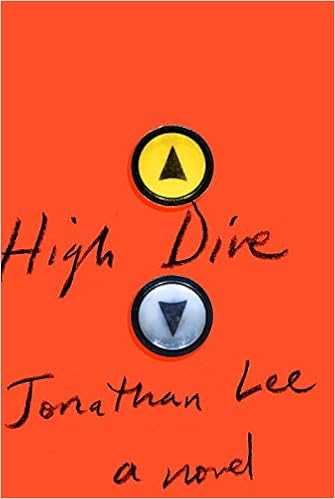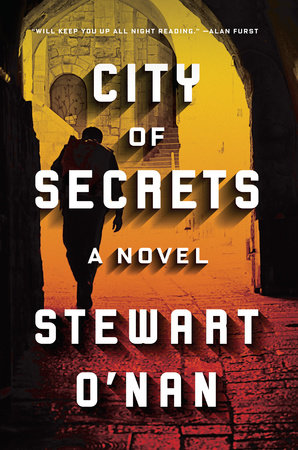When first we meet Dan, he is undergoing an
initiation into the Irish Republican Army. Interesting enough start to a novel,
and one that sets up a series of character studies that form the skeleton of a
novel. As a short story, the first chapter of HIGH DIVE works so well that you
start thinking maybe you should read more short stories after all.
That first chapter is more prologue, perhaps, than
essential opening to what is a story about the IRA attempting to bomb a British
hotel at the height of The Troubles. Author Jonathan Lee takes his readers into
the heads of a few ordinary people whose lives will be changed by the event,
ordinary people who are far from political operatives. The collateral damage,
as it were, in an act of war.
Moose Finch hopes to become the manager of the hotel
where Margaret Thatcher will be attending a conference, the same conference
that the IRA sees as a golden opportunity to destroy their nemesis and bring in
a new government that would do something about the oppression of Catholics in
Northern Ireland. His daughter Freya, finished with secondary school but at
loose ends, is working at the hotel for the summer.
Along with Dan, the novel revolves around these
three characters who live in quiet desperation, seeking meaning in an uncaring world.
The prose is so lyrical that you might not be aware of what you are reading,
floating along on a breeze of words. There is not a great deal of action in
this book, but the tension hangs over your head as you move along towards the
fateful evening when the planted bomb is set to go off.
Even if you don't know the tangled history of the
IRA and Margaret Thatcher, you likely know she was not killed in a bombing but
you don't read on to confirm that fact. You turn the pages because you care
about the characters, fully formed individuals that are well-crafted by Mr. Lee.
Once Dan has planted his explosives you know something will happen to Dan or
Freya or Moose, three ordinary types who are looking for love and wondering
where they are headed. You want to go along on life's journey with them to see
who comes out the other end a wiser person.
At times the writing gets a little wordy and you may
find yourself skimming over passages to get on to the more interesting bits. In
general, the novel feels a bit like a collection of short stories linked
together, rather than a single story, and dwells too long sometimes on a
character's inner thoughts that drag on occasion. Other than that, it is an
enjoyable read.


